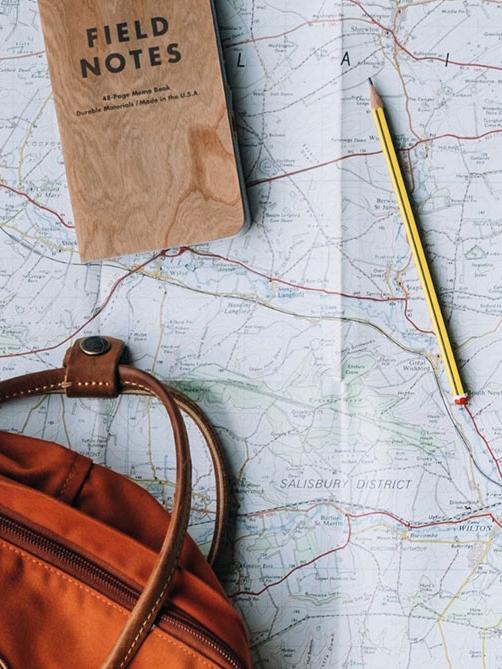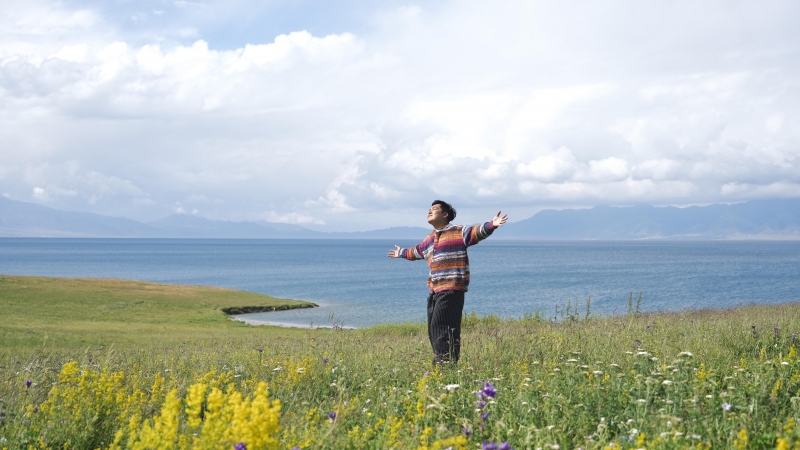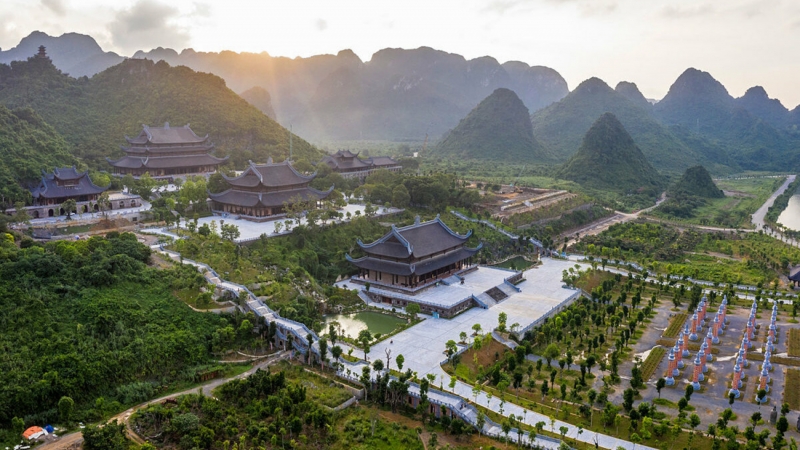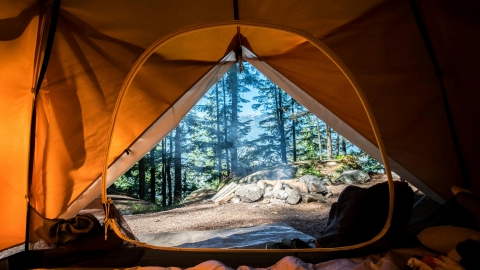Encountering natural disasters while traveling is an unpredictable risk. In such moments, fear can easily take over, especially when you are in an unfamiliar place with unknown weather conditions, geography, and available local resources. However, prior preparation and a calm attitude can help you navigate these harsh situations more safely.
Natural disasters, from storms and floods to earthquakes, can strike unexpectedly and turn dream vacations into daunting challenges. The first thing every traveler should do is ensure they stay regularly updated on weather information, especially during the rainy season in their destination. In mountainous or coastal areas, storms can arrive quickly without clear warning signs; however, avoiding travel during typhoon season significantly reduces this risk.

Make sure you know the weather forecast for your destination beforehand.
When facing natural disasters along the way, one of the most important things is to stay calm. In stressful moments, panic can cause you to lose control and make wrong decisions. Fear is understandable, but knowing how to confront that fear will allow you to think more clearly. Remember, every problem has a solution, and calmness is the key to overcoming even the biggest obstacles.
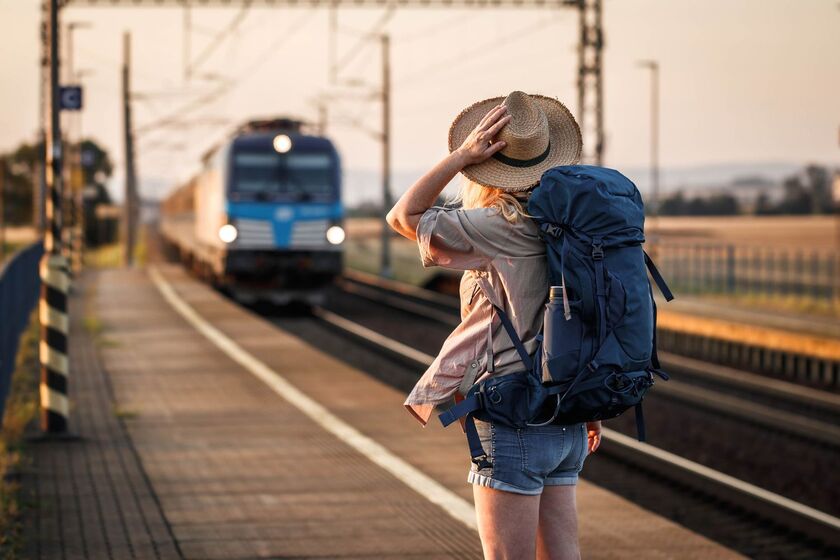
Calmness is the key to overcoming the biggest obstacles.
When there are warnings of storms or impending natural disasters, it's crucial to follow the instructions of local authorities or tour guides. Locals possess a deep understanding of the geography, infrastructure, traffic conditions, and weather patterns in their area. They may have experienced similar natural disasters themselves, so their advice is invaluable. It might be frustrating to have to cancel or change your plans, but life is more important than any trip.

Local people are always an invaluable source of information on every journey.
If you find yourself stranded in a remote area when a storm hits, finding shelter is your top priority. While pristine nature can be exciting on sunny days, staying in the wilderness can be a major challenge when a storm arrives. Without sturdy structures, seek safe shelter such as hotels, motels, or local community facilities, and avoid areas prone to flooding or landslides. For travelers on boats or canoes, returning to land as soon as possible is the wise decision, as large waves can pose a direct threat to your life.

Go to a local public shelter.
Another important point that travelers often overlook is contacting family or friends to report their situation. If your phone signal is interrupted, try to reconnect as soon as possible. This not only helps you get support from loved ones, but also makes it easier for authorities or rescue teams to determine your location and immediate situation. In addition, always carry essential items such as water, dry food, spare batteries, and a small flashlight to help you cope in emergencies.

Some ride-hailing apps allow users to track the travel routes of their loved ones.
Natural disasters can turn memorable travel moments into daunting challenges. However, they also provide opportunities to better understand your adaptability, the importance of preparation, and survival skills. New lands and breathtaking nature always hold a special allure for travel enthusiasts, but nature also possesses power far beyond human imagination. Instead of simply hoping for sunny days, always be prepared to face any unforeseen events to ensure your journey is not only safe but also fulfilling.
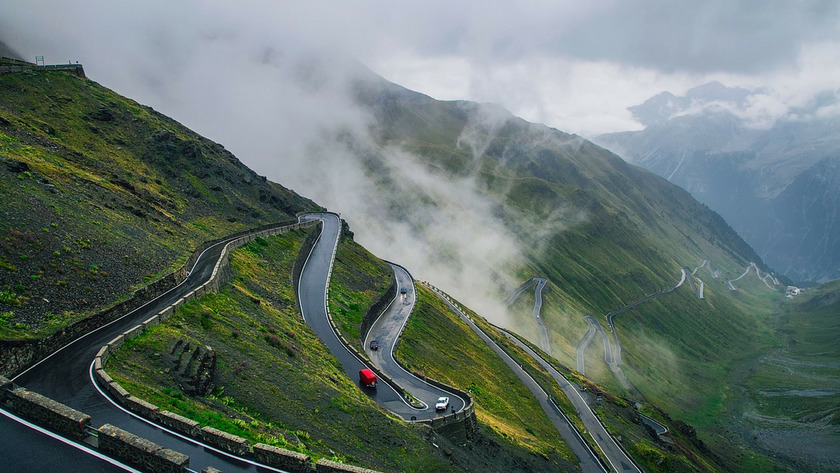
Enjoy both the beauty and the challenges on your journey.
Traveling is not just about enjoying the places you visit, but also about overcoming challenges along the way. Experiences involving natural disasters, however difficult, are also part of the adventure; they will teach you valuable lessons about resilience and composure in unexpected situations.

 VI
VI EN
EN



